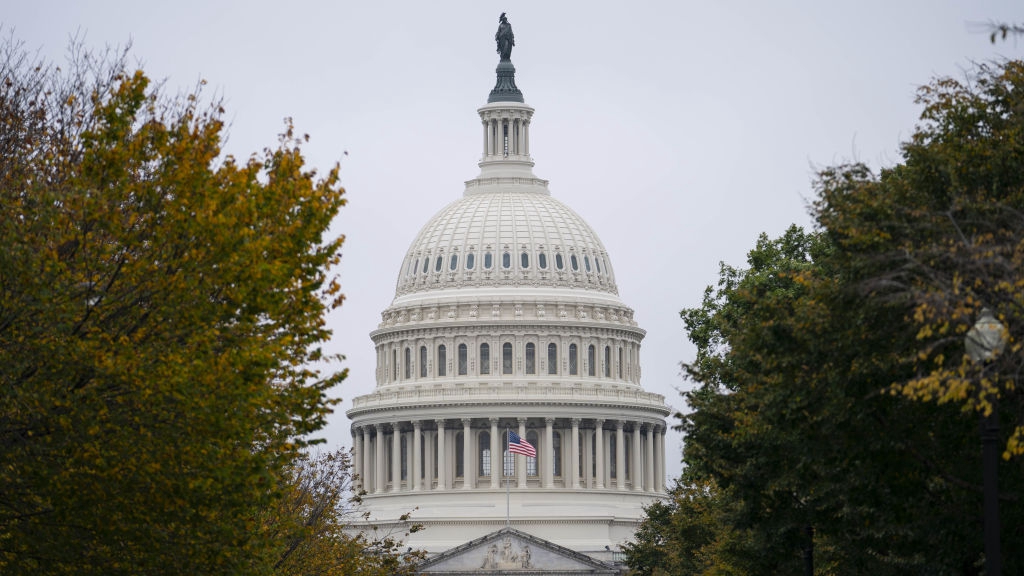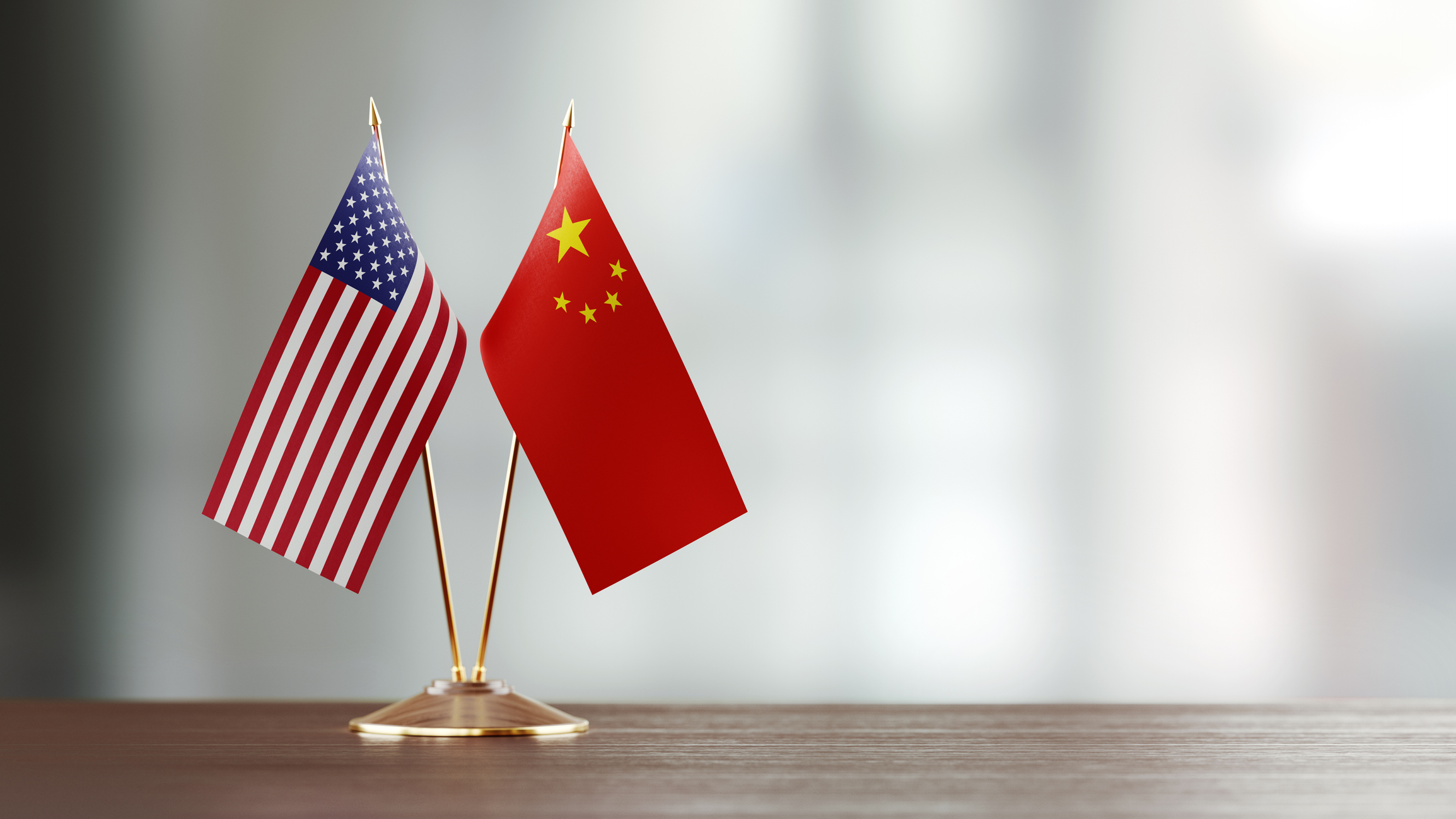
The U.S. Capitol building in Washington, D.C., U.S., October 21, 2020. /Getty
The U.S. Capitol building in Washington, D.C., U.S., October 21, 2020. /Getty
Editor's note: Andrew Korybko is a Moscow-based American political analyst. The article reflects the author's views and not necessarily those of CGTN.
The Wall Street Journal reported on November 23 that the Donald Trump Administration wants to create an informal anti-Chinese European alliance for coordinating responses to what it regards as Beijing's "trading power to coerce countries."
This is an extremely hostile move that presumptive president-elect Biden should seek to stop upon the moment that he enters office. The Democratic candidate promised to reverse a lot of his possible predecessor's policies, but this is among the first that he should focus on.
As it becomes increasingly less likely that President Trump's legal challenges to this month's election results will succeed, he seems to have become hell-bent on causing as much trouble abroad as possible in order to obstruct Biden's possible foreign policy.
In the context of this analysis, this includes doing his utmost to worsen Chinese-American relations, especially by attempting to assemble an anti-Chinese economic alliance that could further destabilize the global economy if he makes any progress on this front in the next two months.
The Europeans have found themselves in an uncomfortable position after having to put up with immense pressure from their nominal American ally over the past four years regarding their mutually beneficial economic relations with China.
In fact, it's not China that's weaponizing economic means for the purpose of coercion, but the U.S., as is seen by it making ultimatums to its so-called "allies" regarding their use of Chinese 5G technology. If anything, an alliance should be formed to counter real U.S. coercion, not its fake Chinese variant.
China, unlike the U.S., respects the sovereign choice of each of its many partners to conduct business and whatever else with whoever they want so long as it's not aimed against any third party. America, on the other hand, endeavors to dominate all of its partners and control their economic, foreign and military policies.

The choice between China and the U.S. couldn't be clearer, and it's that cooperating with China actually safeguards countries' sovereignty while working with the U.S. usually ends up undermining it over time.
Presumptive president-elect Biden's Secretary of State nominee Antony Blinken has promised to repair America's damaged alliances abroad in the event that he's confirmed by the Senate sometime early next year.
Retaining even the vestige of Trump's proposed anti-Chinese economic alliance with Europe would be a step in the wrong direction, one which would only be made to pander to Republican voters or their allies in the country's permanent military, intelligence, and diplomatic bureaucracies who oppose a rapprochement with China.
The possible Biden Administration is presently attempting to articulate its global vision, and it's understandable that they won't be able to change everything right away no matter how passionate they are, but they don't need to continue with any hostile policies that they inherit. Such strategies should be discarded out of hand as contradictory to their foreign policy goals.
While Biden previously described China as America's "biggest competitor," it's still possible to engage in a friendly competition with it instead of an antagonistic one.
What's meant by this is that the free trade of goods or services can stimulate competition which ultimately works out to the consumers' benefit. That's exactly what's happening with China's domestic technological industries right now.
Huawei's competitors at home are engaged in friendly competition with it, one which might even see them expand their operations overseas. The same model of competition could theoretically occur between the U.S. and China in Europe, for example, which would benefit every consumer there.
The Trump Administration, however, is afraid of friendly competition since it lacks confidence in its companies' capabilities, hence it seeks to manipulate the playing field to its advantage. Biden, by contrast, should have much more confidence in his country's companies and the choice of its allies' consumers.
Friendly competition between the U.S. and China would inspire both of their companies to innovate even more, which would work out to the world's benefit. That's why Biden must disband Trump's anti-Chinese European alliance.
(If you want to contribute and have specific expertise, please contact us at opinions@cgtn.com.)

